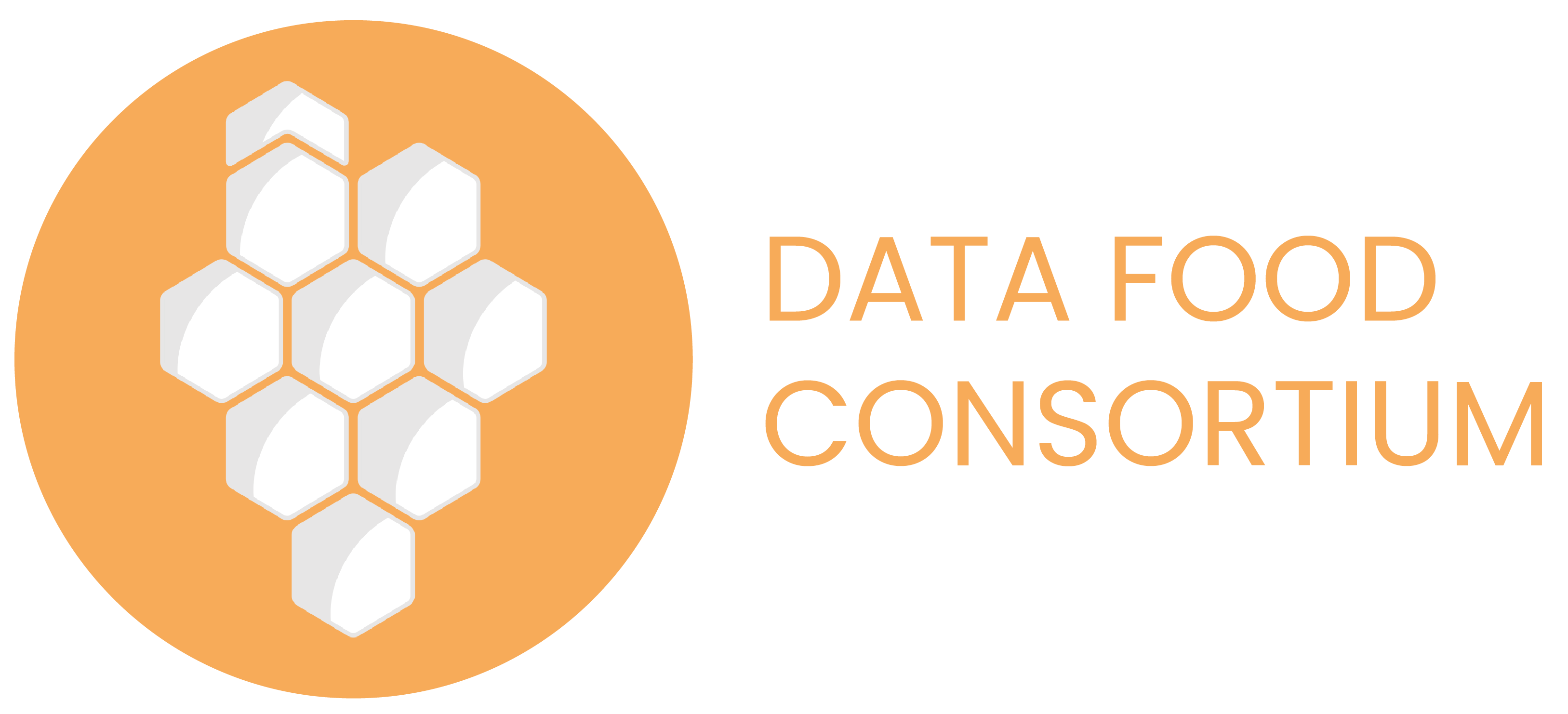The solution to counter the silos that prevent the exchange of data between digital platforms:interoperability.
Interoperability is simply the ability for several IT systems or platforms to communicate with each other, exchange information and mutually use information exchanged.

As an example, if we are interested in the use case of selling products through short food chains: to avoid complicating operations of entering or updating stocks when the same product is distributed on several sales platforms, platforms need to communicate with each other.
If a sale transaction is carried out on a product on platform B (e.g. purchase of 2 bundles of radishes), platform A must be immediately informed so that the corresponding stock decreases by as many units.
ADVANTAGES
ECONOMIC
- Time saved in updating information for producers
- Real-time reliability of information on product availability
- New sales cooperations are made possible
ECOLOGIC
Sharing data in a better way can:
- decrease environmental footprint
- lead to logistic optimization
… two of the biggest ecological challenges short food chain are facing!
SOCIAL
By promoting cooperation between actors in the food chain, interoperability strengthens synergies and innovation within the ecosystem of short supply chain.
This allows, beyond the services and models offered by each platforms, to work together to build an open, transparent food system, empowering both producers and eaters.
To make different platforms communicate (in other words, to make them “interoperable”), we studied the 3 possible options:
- connect platforms one by one via a translator (API)
- agree on a de facto standard
- or develop an open standard as a common (chosen solution).



